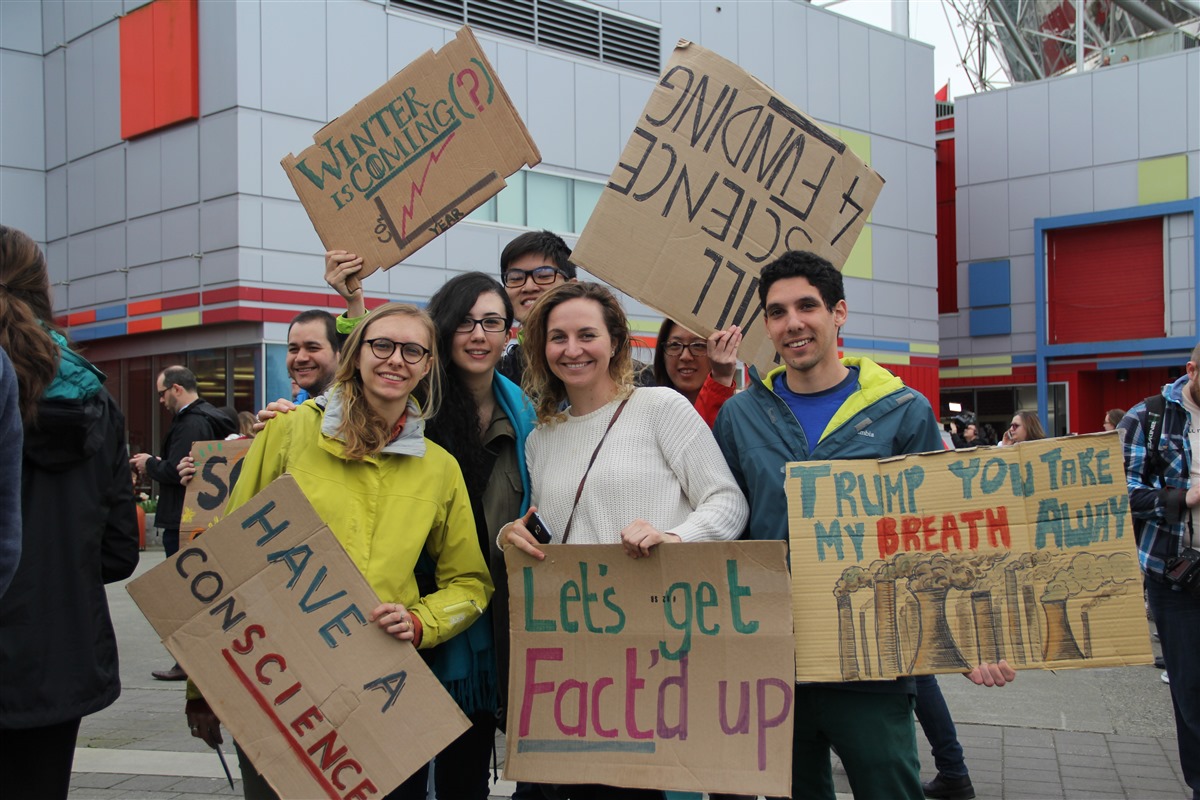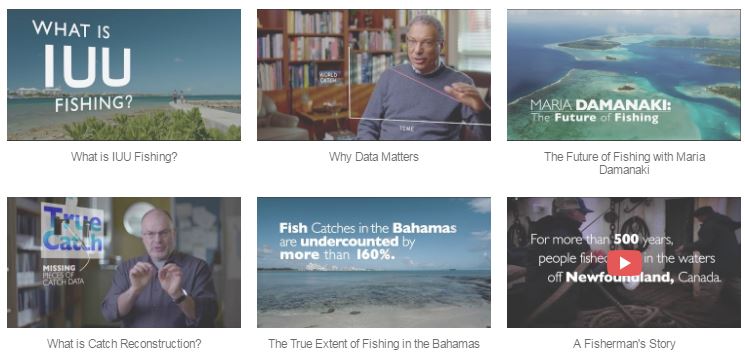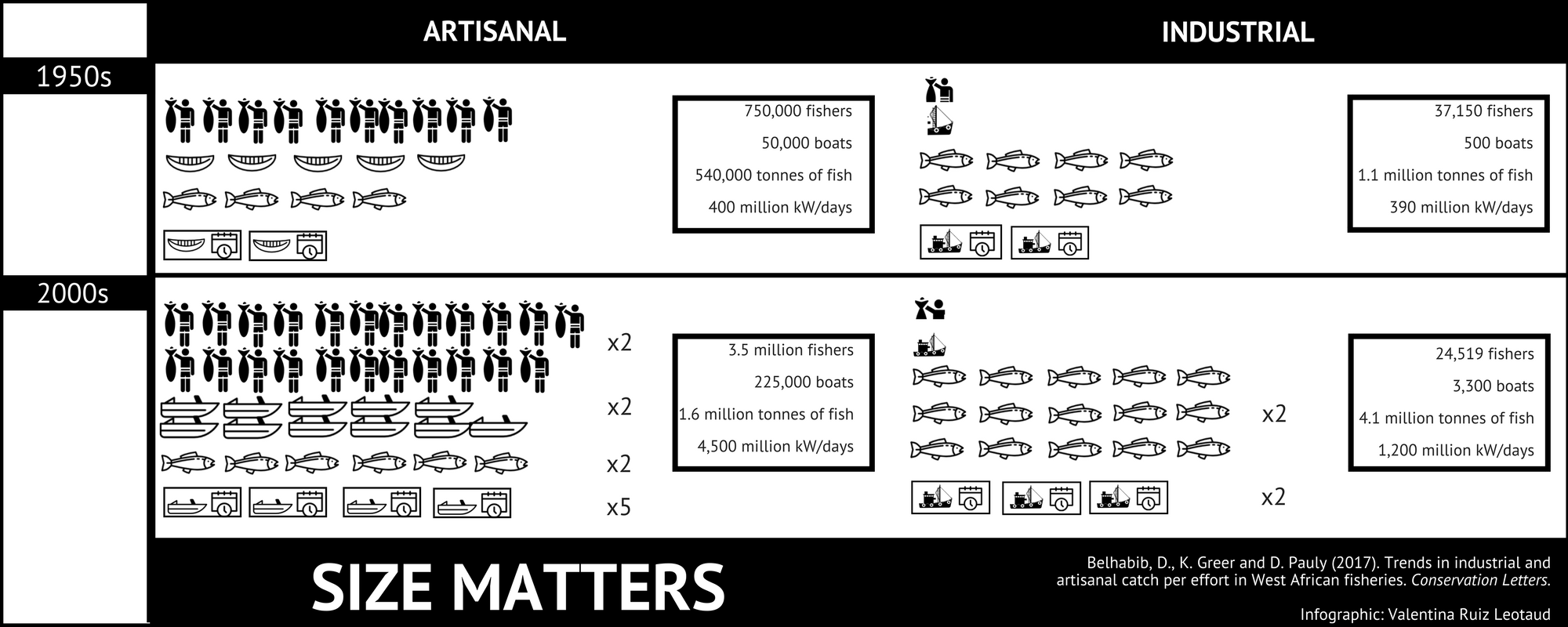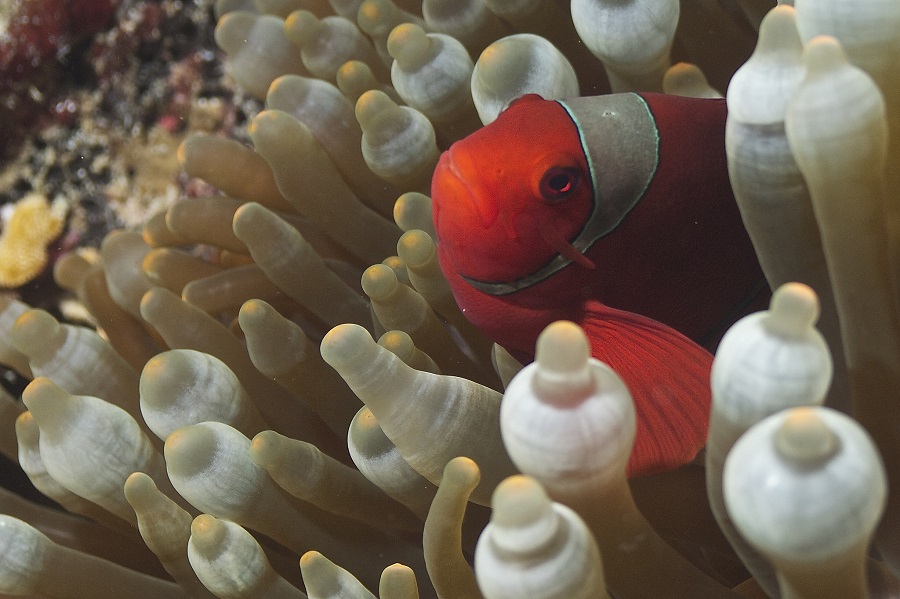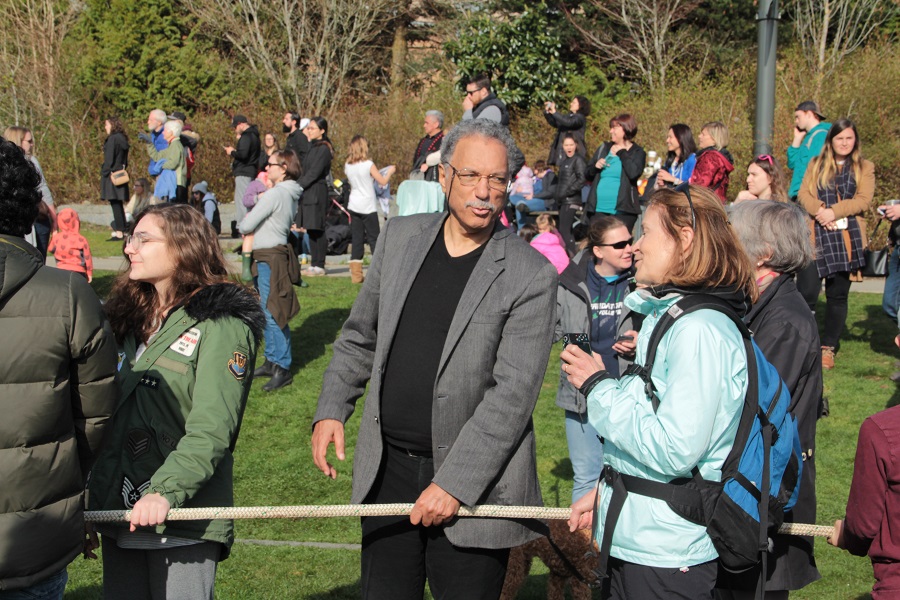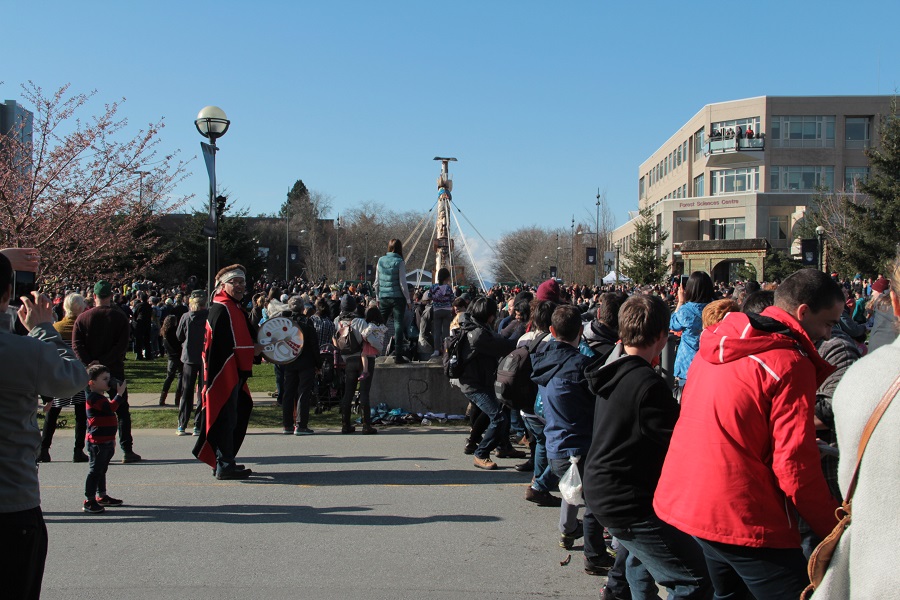“It was the most organized, punctual march I’ve ever attended,” the Sea Around Us‘ Graduate Student Madeline Cashion said about the March for Science that took place in Vancouver on April 22, 2017.
Some 500 people gathered at Queen Elizabeth Theatre Plaza and, at 10 a.m., they started walking towards Creekside Park near Science World. Once there, an array of figures such as Dr. Scott Sampson, Paleontologist & CEO of Science World; Erin A’tman Ryan, Research Coordinator with the BC SPCA and member of the Syilx (Okanagan) Nation; and Marine Biologist Abby Schwarz, among others, gave speeches that touched upon the importance of academic freedom and evidence-based policy making, the cuts to scientific research funding proposed by the U.S. government, and climate change denial.


